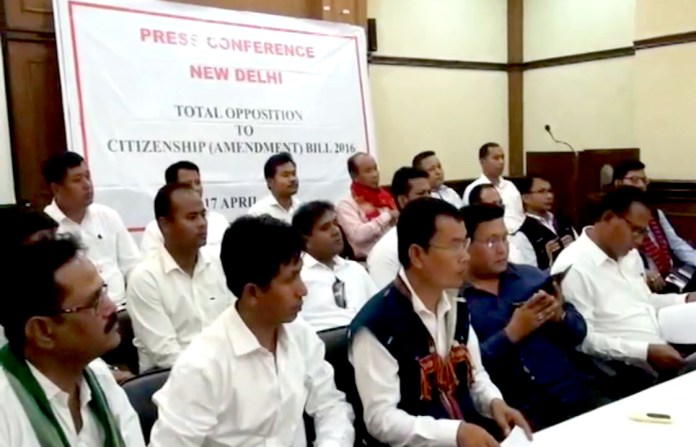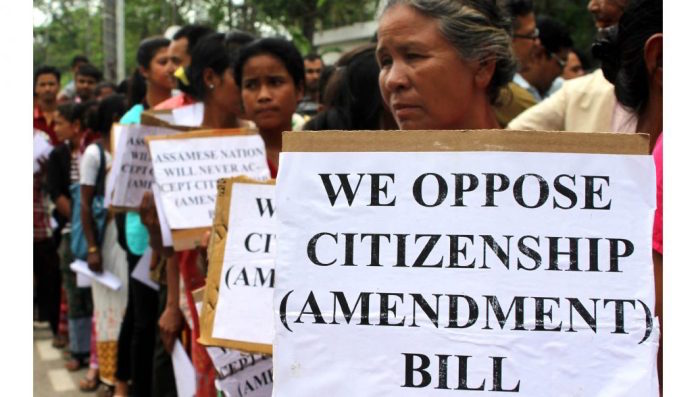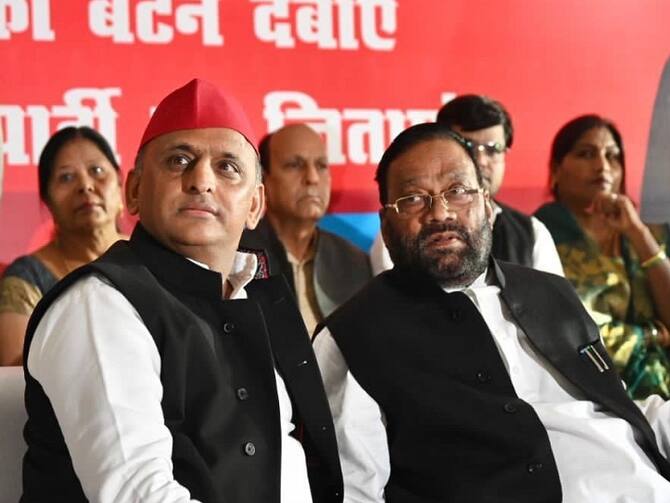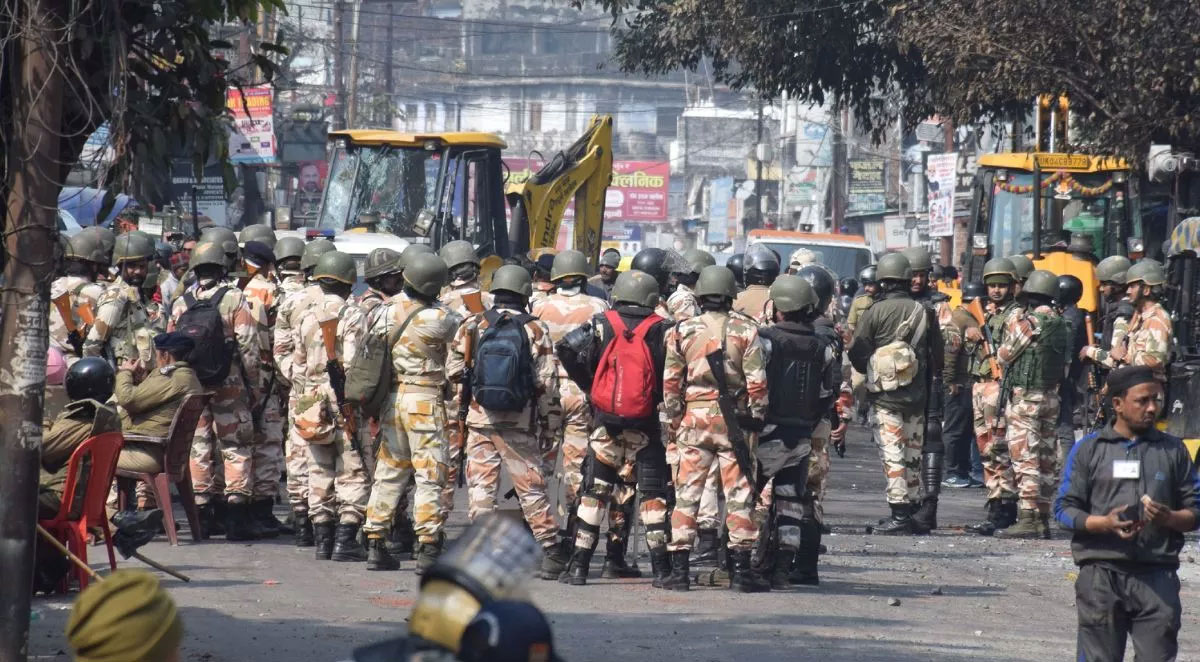The Narendra Modi-led BJP government’s decision to modify the Citizenship (Amendment) Act, 1955, to grant Indian citizenship to Hindu Bangladeshis, among others, has triggered a sharp division of opinion along linguistic lines in Assam.

On 7 May, Assamese-majority Brahmaputra Valley registered a strong opposition to the proposed amendment during the first day of the five-day-long visit of the Joint Parliamentary Committee on the Citizenship Amendment Bill 2016 to Assam and Meghalaya. On the other hand, in South Assam’s Barak Valley, a majority of the organizations, the stakeholders and individuals came out in support of the Bill.
The Citizenship Amendment Bill has not sat well with the indigenous Assamese because it contradicts the Assam Accord of 1985, which clearly states that illegal migrants from Bangladesh who crossed over into Assam after 25 March 1971 will be deported. The Citizenship Amendment Bill 2016 will defeat the very purpose of the National Register of Citizens (NRC), and will be an about-turn on the historic Assam Accord of 1985. The updation of the NRC is due to be completed on 30 June.

According to the 2001 census, Assamese speakers in the state were already less than 50 per cent (Bengali speakers were 27.5 per cent) and it’s well known that the number would have been much less hadn’t many Bengali Muslims registered themselves as Assamese speakers at that point of time. More than a decade has passed and a new wave of identity consciousness has gripped each and every community of the state.
According to a report by former governor S.K. Sinha, 75,00,000 Bangladeshi Hindus entered Assam between 1971 and 1989. If the Bill is passed, they will become citizens of Assam.
After making their opposition to the Bill known to the JPC at the public hearing in the Administrative Staff College in Khanapara, almost all the organizations, political parties and individuals shared with the local media their fear of losing their cultural and linguistic identity to Bengali if doors were thrown open to migrants from across the border to settle in the state on religious grounds. The JPC has decided to hold more public hearings in other parts of Assam. The state government, which has yet to take an official stand on the issue, said it would do so once the current NRC updating exercise has been completed.

Under the Citizenship Act of 1955, foreigners who come to India without valid travel documents, or stay in the country beyond their visa period, are considered illegal migrants. Over the years, certain exceptions have been made to this law. The Citizenship Amendment Bill 2016 says illegal migrants belonging to the Hindu, Sikh, Buddhist, Jain, Parsi or Christian religious communities from Afghanistan, Bangladesh or Pakistan who entered India on or before 31 December 2014 are eligible for Indian citizenship. It also seeks to lessen the minimum years of residency in India required to be eligible for citizenship from at least 11 years to six for such migrants. The Bill, however, does not extend these benefits to illegal Muslim migrants.
It’s a paradox that the Congress and the Bharatiya Janata Party (BJP), two major political parties of India, a secular republic, have allegedly always favoured a particular religion over the other for the sake of vote-bank politics. In Assam, if the Congress has been acting blind all these years and refusing to acknowledge the presence of illegal Bangladeshi (Muslim) migrants in the state, the BJP has gone further by planning to amend the Citizenship Act 1955 and grant Indian citizenship on Bangladeshi Hindus.
Forward Press also publishes books on Bahujan issues. Forward Press Books sheds light on the widespread problems as well as the finer aspects of Bahujan (Dalit, OBC, Adivasi, Nomadic, Pasmanda) society, culture, literature and politics. Contact us for a list of FP Books’ titles and to order. Mobile: +919968527911, Email: info@forwardmagazine.in)
The titles from Forward Press Books are also available on Kindle and these e-books cost less than their print versions. Browse and buy:
The Case for Bahujan Literature
Dalit Panthers: An Authoritative History





